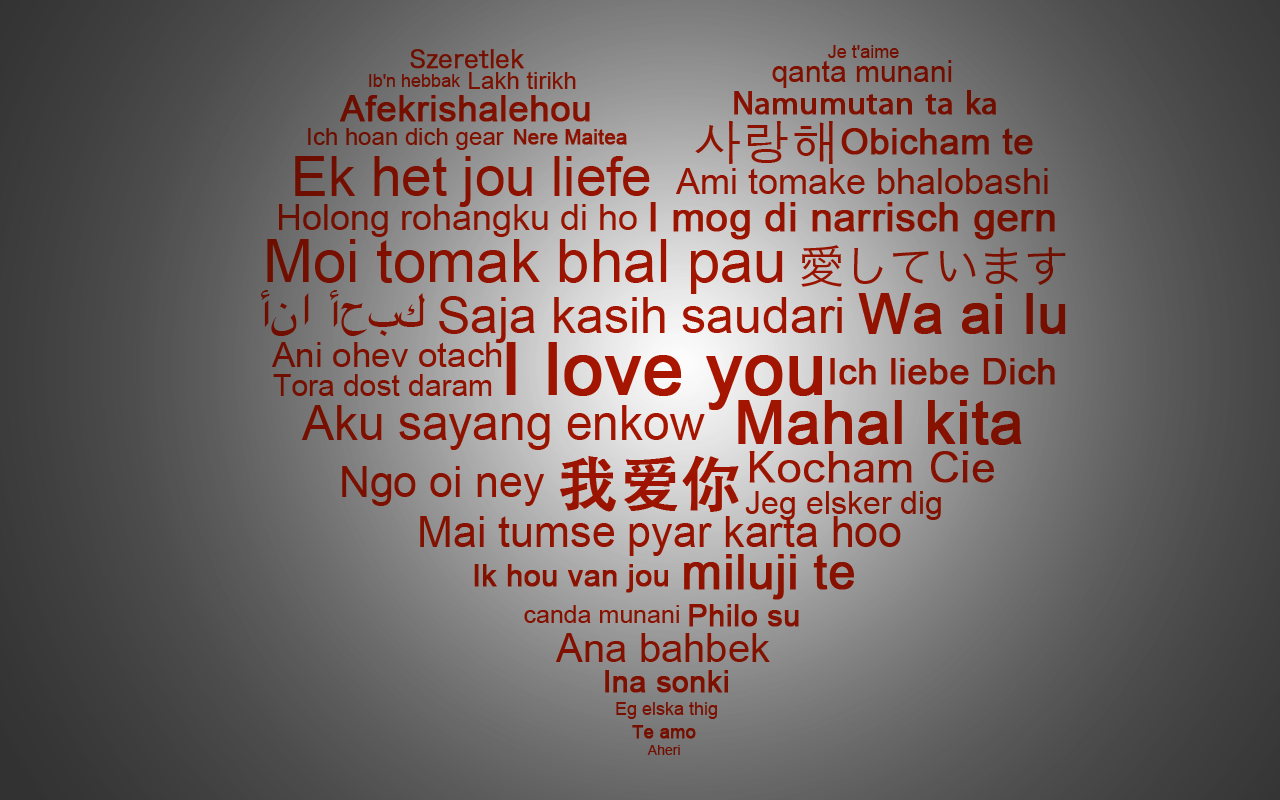What is love?
 iloverelationships.com
iloverelationships.com
“Love is a many splendored thing” as the popular old song goes. There are so many definitions of love. I bet you know more than three. I consider it as the universal language of the soul; the core of humanity; the essence of existence. Whoever you are, wherever you are from, we all feel and express love. But, how do you express it? There are so many ways to express it, and one of them is basically, by saying the magic words “I love you.”
Magic words or abused words?
In some countries, the words “I love you” is often used. Not only couples and family members use it, but even friends do, too. It is always flowing, always abundant. Sometimes, it can change a woman’s bad mood to good mood in a snap like magic. It is not unusual to use these words upon waking up, leaving to work, as ending to a couple’s phone conversation, or in any random occasions, such as expressing thanks to a favour granted by a friend. “Oh, I love you! You are a very generous friend! I can always lean on your shoulders when times get rough”, with matching hugs and kisses. Too often used, these magic words, becomes abused words.
Saying “I love you” in Japan
 funmozcar.com
funmozcar.com
In Japan, saying “I love you” is quite different. The literal translation of “I love you” in Japanese is “Ai shiteiru”. However, “Ai shiteiru” is rarely used. Love in Japan is expressed in a varying degree.
1. Suki.
“Suki” literally means like or fondness. It is used to express your fondness about something (things, food, hobbies, etc). “Ringo ga suki” (I like apples), “Sakka ga suki” (I like soccer), “Nihon ga suki” (I like Japan). If you meet someone and you think you like her or him, you may say “Kanojo ga suki” (I like her), “Kare ga suki” (I like him). This is very casual expression of liking and may be used during the first stage of dating.
2. Daisuki
“Dai” means big and “suki” means like, therefore in a literal meaning, “daisuke” means to like very much; In English we may say “I’m crazy about animes”, in Japanese that is “Anime ga daisuki”. It is a step higher than the less casual “suki”. It is important to point out that “daisuki” also means “I love you”. In actuality, it is more often used by couples to express love rather than “ai shiteiru”.
3. Ai shiteru
“Ai” (love) is considered a very special word in Japan. So special like a precious and expensive kimono inherited from the great, great ancestors. So special that you should not use it every day. It is only used for a few important occasions. “Aishiteiru” is rarely used, like wearing kimono only during a rite of passage. It is used with great caution so as not to ruin its authenticity. So, when Japanese say “ai shiteiru”, it means they’re very serious, very real, and often said in private rather than in public. That’s why they prefer to say “daisuki” to (maybe) preserve the meaning of real love and don’t lose its meaning. Do you agree?
Special Note:
When a Japanese guy wants to be a girl’s boyfriend, he might not say “daisuki” rather he will say “tsukiate kudasai” (Be my steady date./Go out with me.)




One response to “How to say “I love you” in Japanese”
I agree that love is ‘the essence of existence’. It’s some kind of energy we should fill our lives with.💝